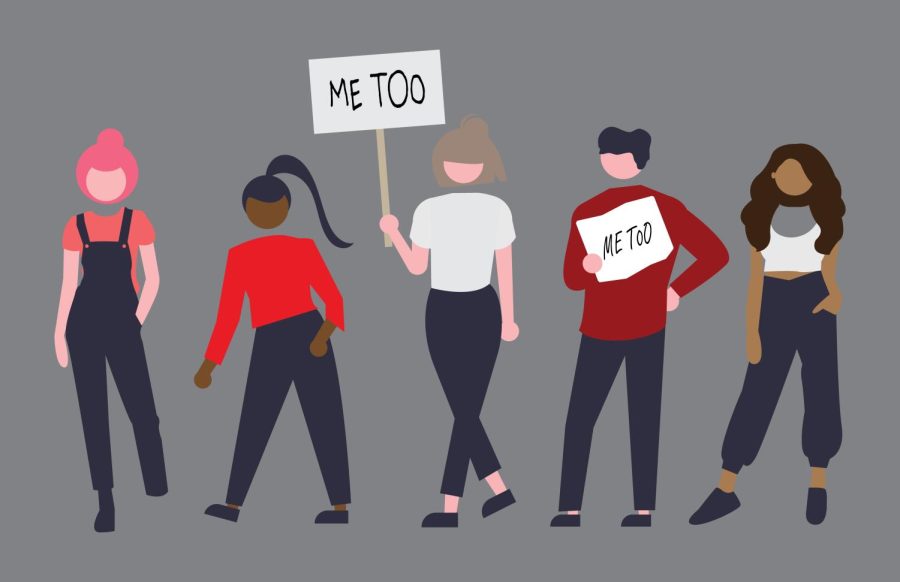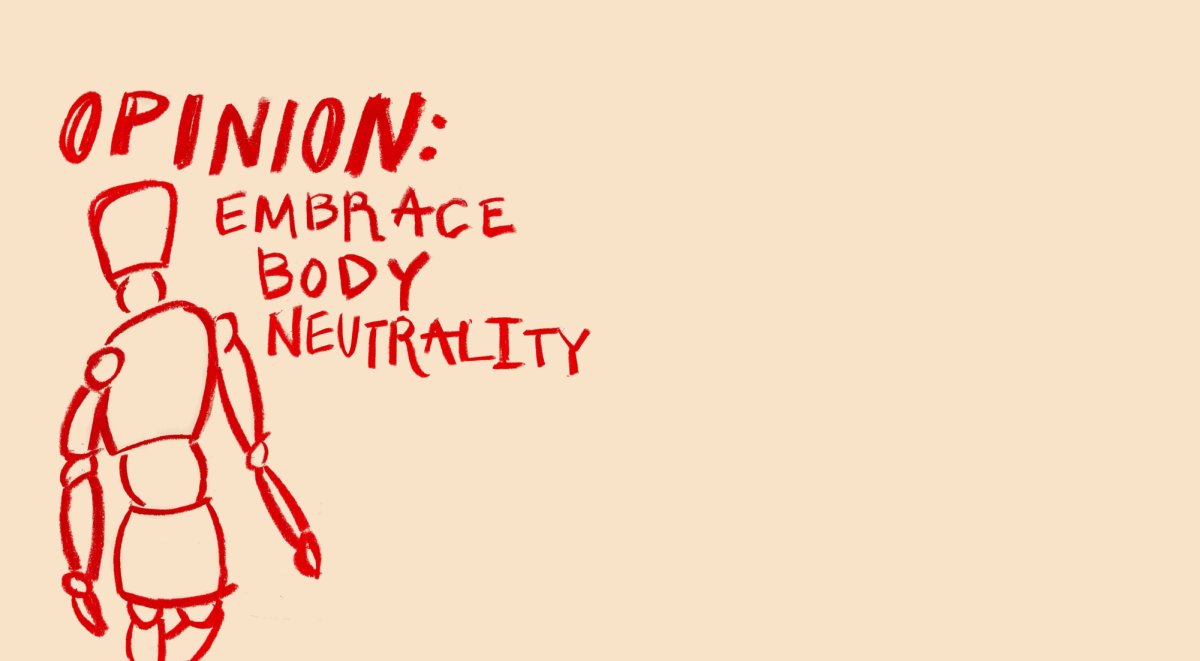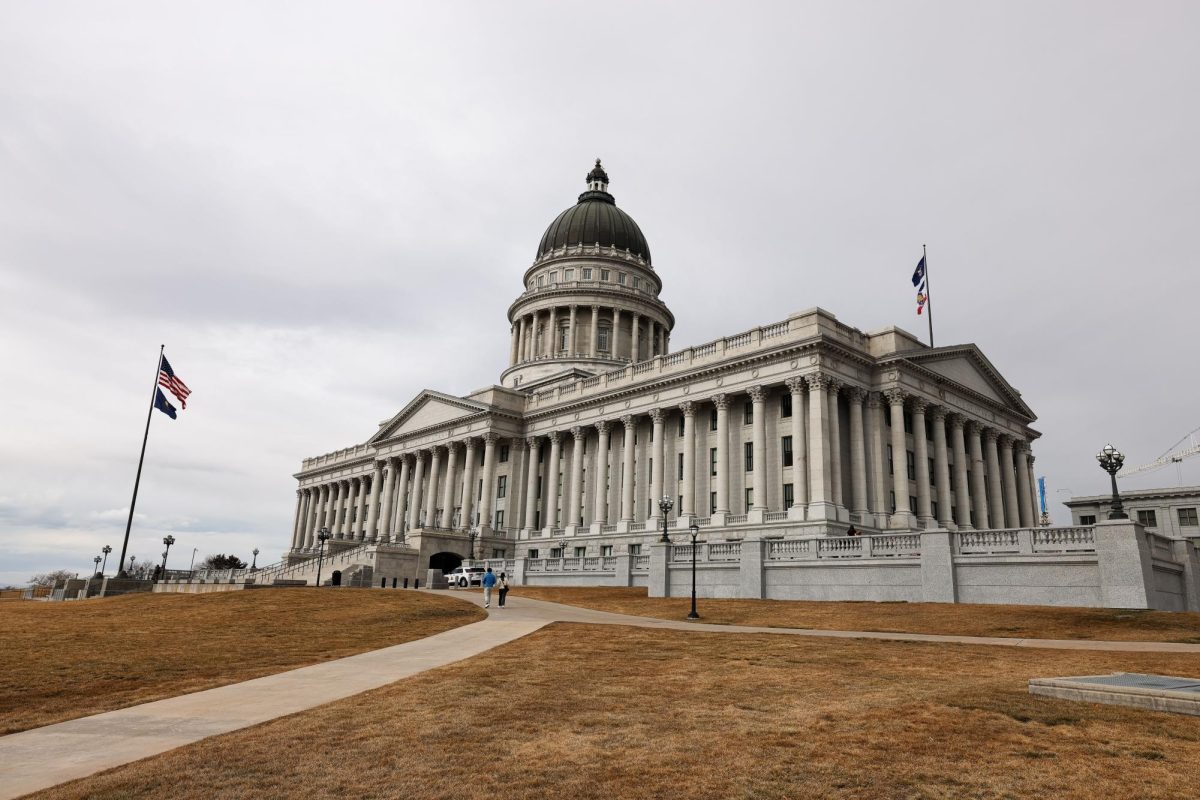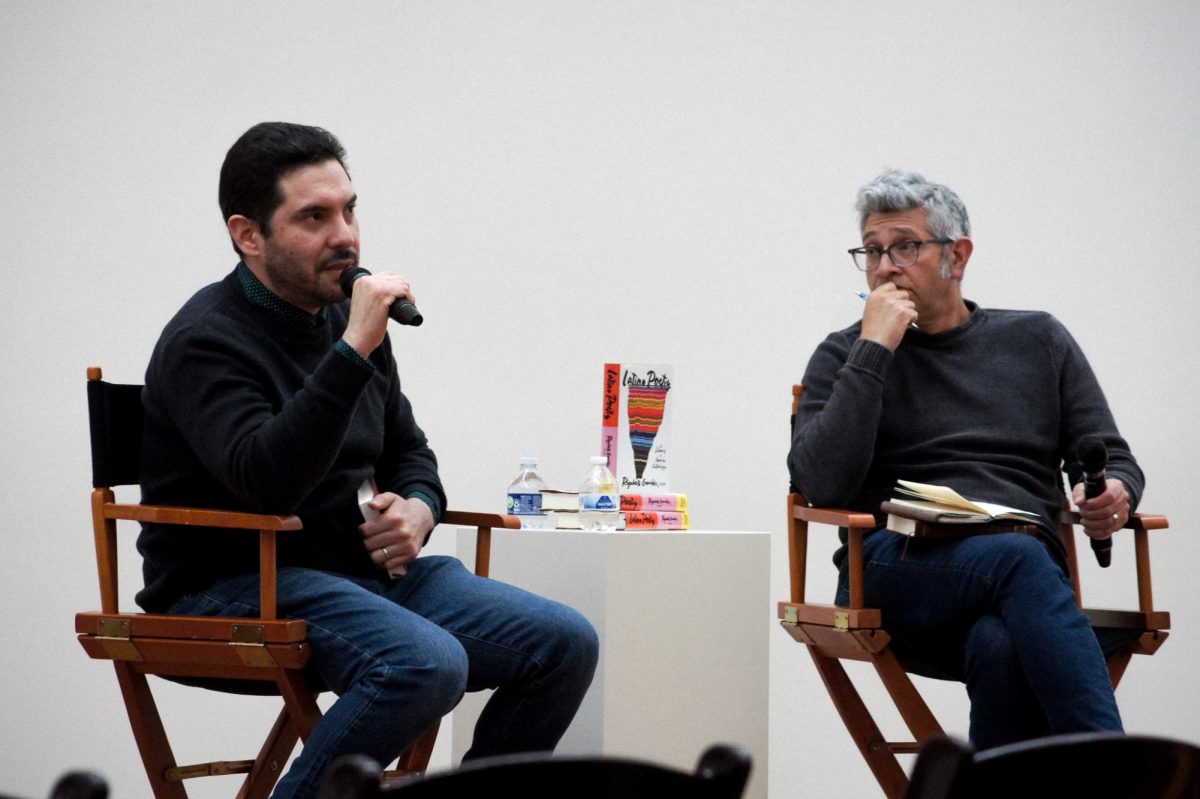Buening: Sexual Assault is Insignificant in Our University’s Eyes
(Design by Claire Peterson | The Daily Utah Chronicle)
May 5, 2022
On Dec. 21, 2021, Marissa Root, a student at Utah Valley University, filed a Civil Right-Education Discrimination lawsuit against the University of Utah. She took this action after being raped by a U football player. At first, she turned to UVU’s Title IX office for support. There, she was told that they “couldn’t provide her resources because the alleged perpetrator wasn’t a student there.” When she approached the U, they did not hold their player accountable or extend resources to Root: they utterly disregarded her.
Sadly, Root’s experience is not uncommon among female rape victims, especially in cases involving athlete perpetrators. Victims are turned away, denied support and diminished.
Speaking as a woman and U student, I’ve never been more ashamed to call this university home. I’m inspired by women like Root, whose decision to sue both the U and the Utah System of Higher Education empowers victims everywhere. Her story reflects a prevailing issue within our society and more specifically, on our college campuses. Offices consistently fail to hold rapists accountable. We’re tired of our institutions protecting the wrong people.
Root’s Story
I had the privilege of speaking with Root via email, where she shared her experience firsthand. Through it, she speaks for a community of silenced voices.
Immediately after her assault, Root said, “I was severely depressed and anxious and didn’t know how I was going to finish out my semester.” Assault victims go through what she described as “excruciatingly hard, absolute trauma.”
We must not minimize how this damages a person. One man from UVU’s office had the audacity to invalidate her with the phrase, “You seem like you’re doing really good.” This left Root to wonder if she was somehow “less of a rape victim.” She also noted that the moment she told them he was an athlete, “their demeanor changed.” It immediately became less about her and her support and more about deferring the issue.
She described to me that she was given two options at the U. One, to endure a lengthy investigation into her claims. They tried to discourage her from taking this route, repeatedly assuring her that she would feel “re-victimized over and over again.” Alternatively, they recommended that she write a letter to her offender. They pitched this approach as “healing” and presented options for accountability. These recommendations included getting the assailant “more schooling so he is more educated and won’t make poor decisions like this,” and working “closely with his coaches and making sure he is accountable to them.”
Rape is more than just a “poor decision.” Neither of these proposals fit within the realm of punishment. Rather, they create a precedent for more rapists to walk free. Root expressed that this reaction made her feel “so insignificant in the university’s eyes.”
According to Root, the U tried to claim that their obligation was to the player because he was their student, and never even asked for his name. Months later, the U only showed interest in learning the player’s identity after yet another football player from the university was accused of rape — this time of a minor. When the players didn’t match, they didn’t contact her again.
Unsafe Environments Across Utah
Root’s case isn’t the first time in recent history that we’ve seen the U fail its female victims — Lauren McCluskey’s case being a prime example. Her reports of harassment were repeatedly ignored, despite a serious threat to her safety. Among undergraduate students, 26.4% of females experience rape or sexual assault through physical force, violence or incapacitation. This doesn’t even consider other forms of prevalent assault, such as sexual coercion or harassment. In Utah, rape is the only violent crime perpetrated at a higher rate than the national average.
It’s inexcusable for universities to further endanger their students. “I would never feel comfortable sending my child to either of these universities because of the way that they handled my situation,” Root said. “They have to be held accountable because students literally depend on them to feel secure. They are some students’ only option for help.”
The U has to prove that it cares about its students. It doesn’t matter if a perpetrator is one of our students: our university shouldn’t be protecting rapists. Victims must be believed first and then questioned further, not questioned, then believed. If assailants and universities alike refuse to protect, listen and advocate for victims, they should be punished to the most extreme extent.













